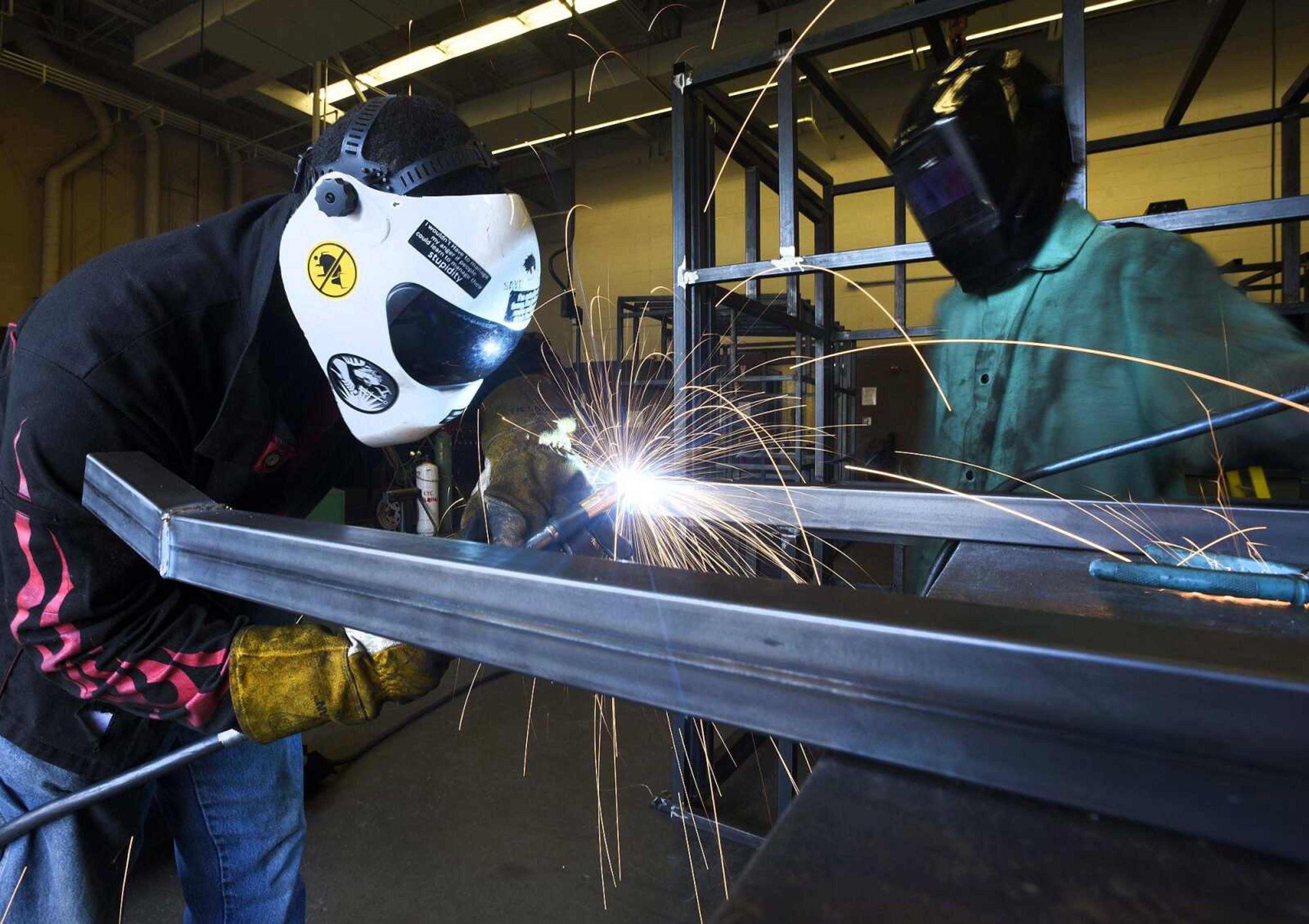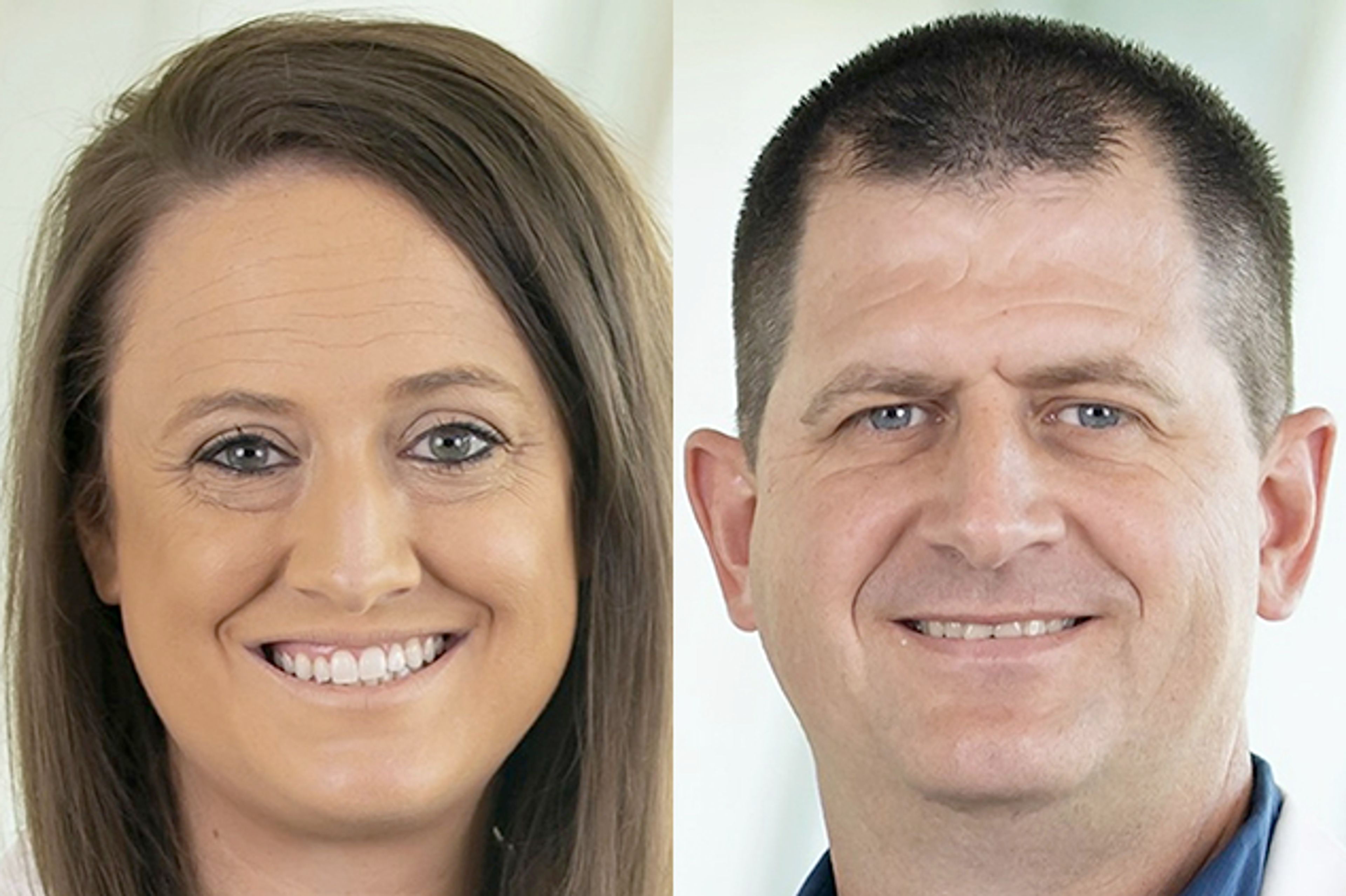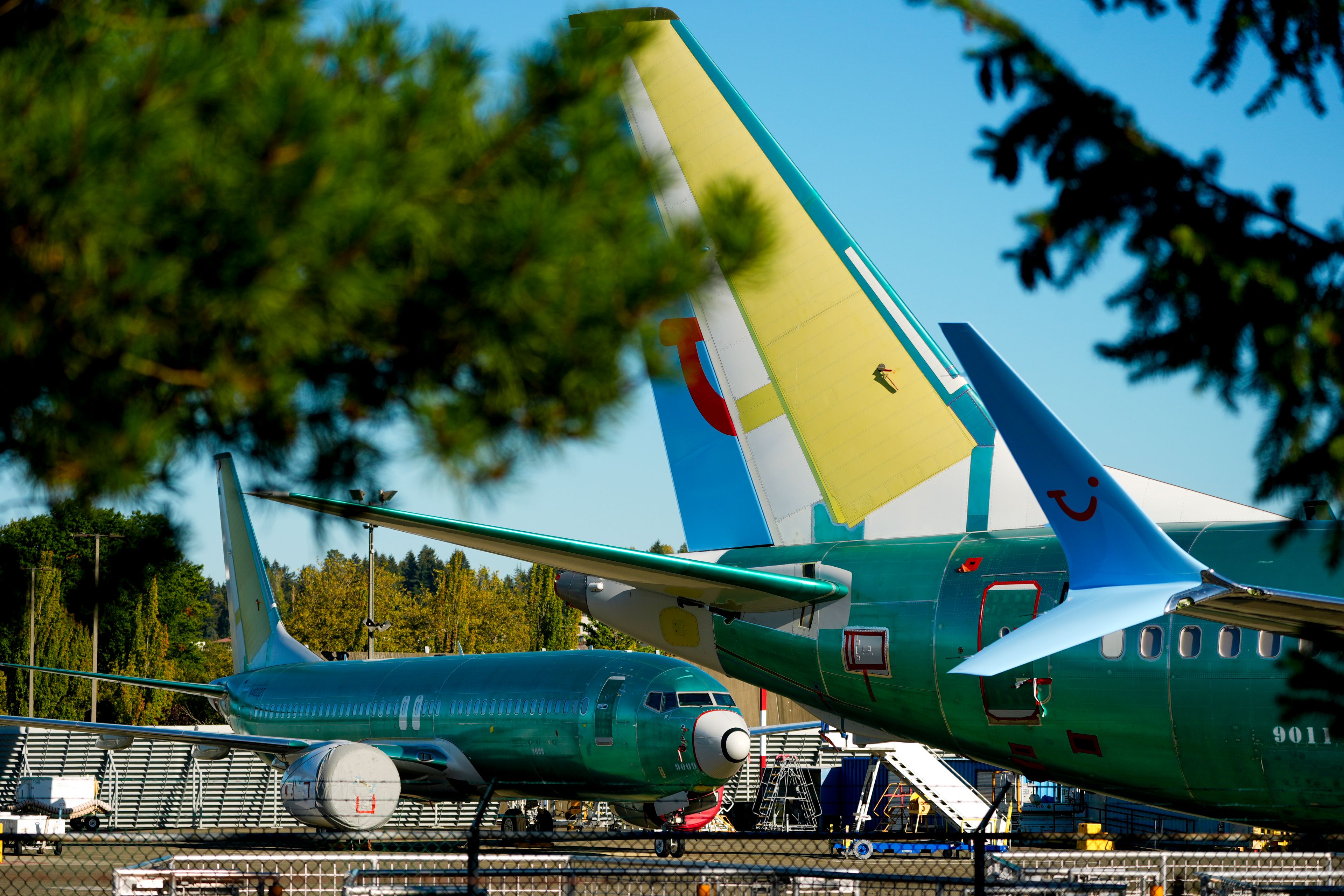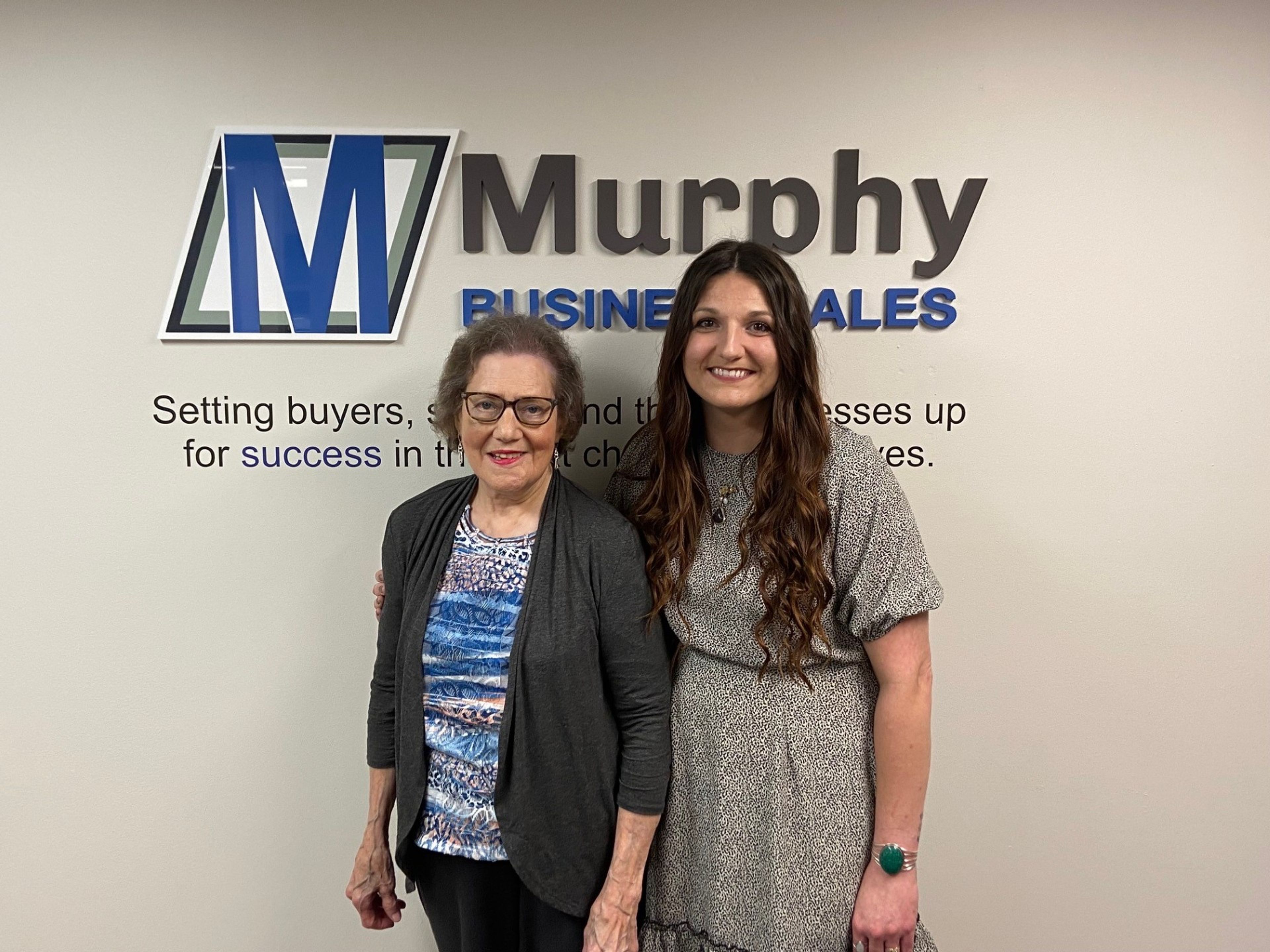Internships often turn into full-time careers for students at Cape Girardeau Career and Technology Center
In Southeast Missouri, high-school students not wishing to pursue further education in college or elsewhere have a resource in the Cape Girardeau Career and Technology Center, which offers technical courses ranging from automotive mechanics to digital media production...
In Southeast Missouri, high-school students not wishing to pursue further education in college or elsewhere have a resource in the Cape Girardeau Career and Technology Center, which offers technical courses ranging from automotive mechanics to digital media production.
Dr. Libby Guilliams, assistant director of postsecondary at the CTC, says there are 22 different programs for students to take, ranging from welding, auto technology, construction and HVAC. They also offer computer technology, graphic design, digital media production and health-care courses.
According to a study from the Georgetown University Center on Education and the Workforce, 72 percent of jobs in 1973 required a high school diploma or less, and today, that percentage has dropped to 34.
"So 65 percent of jobs now have to have some kind of (training), and that ranges from on-the-job training, technical training, internships, that kind of training beyond high school, all the way to a bachelor's degree or professional degree of some sort," Guilliams says.
In general, Guilliams says there is a need for skilled people throughout the country who can work in hands-on technical fields.
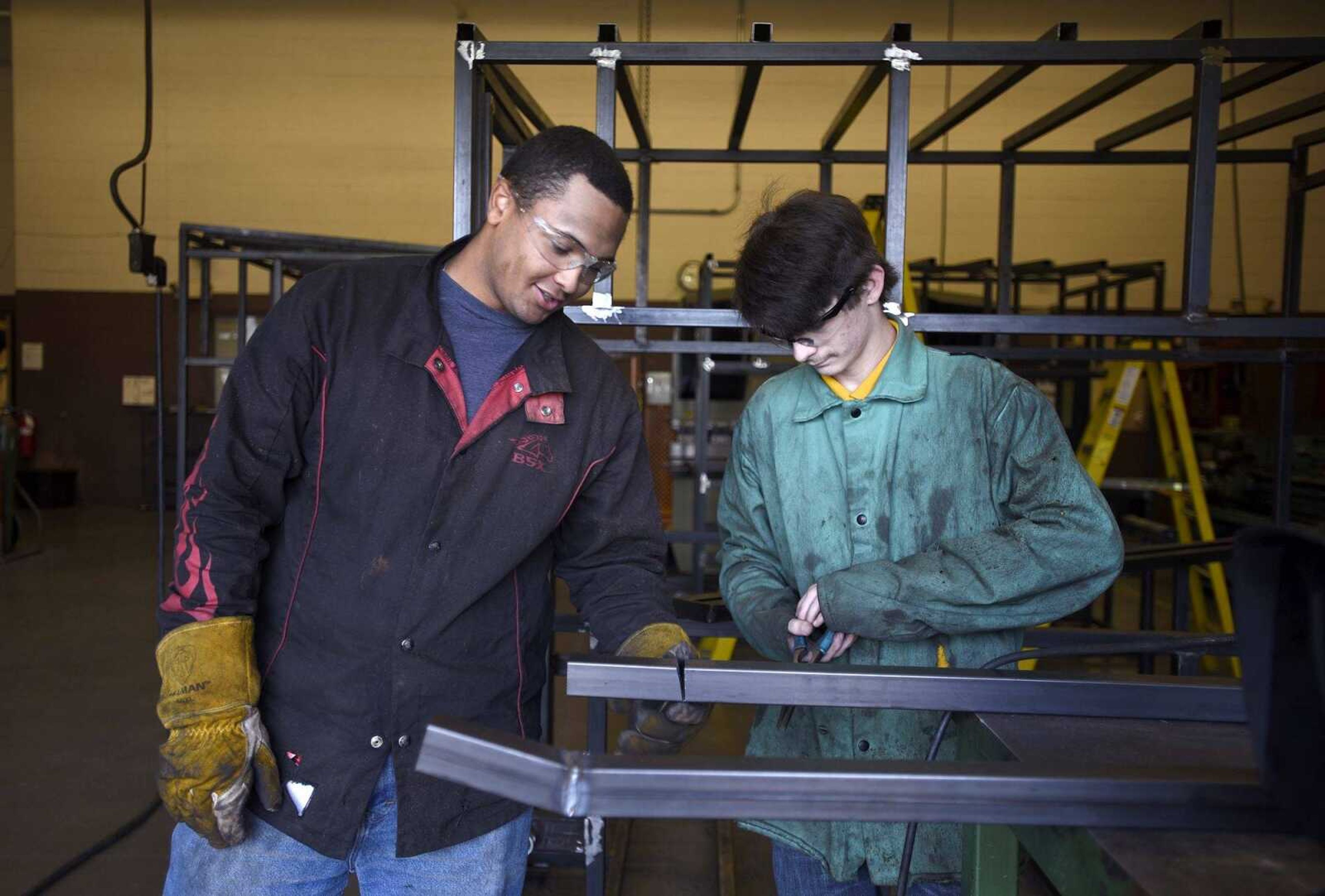
"We hear that the highly skilled, trained technical workforce is the element of the workforce that we're kind of missing right now; the people who make things," she says.
Guilliams says every class at the CTC provides hands-on experience for students, whether it's welding or designing or printing materials for local schools.
"Every one of our classes has a classroom component, but they every one have a shop or a lab component, so we have our automotive students, we have an automotive shop here, and real cars are brought in and they solve real problems and fix real situations," she says. "Our graphic arts department has a print shop and they design and print materials for the school district, for all the schools and for outside people as well. Every one of our classes has hands-on, practical components."
Brandon Bradshaw, a welding instructor at the CTC, says the programs not only benefit the students, but also the area businesses seeing a need for young, skilled workers.
Near the end of his welding courses, Bradshaw encourages students to take internships and gain more hands-on experience with local businesses. Typically the students don't begin the internships until the second half of their senior year so they have fresh experience before entering a real-world welding position.
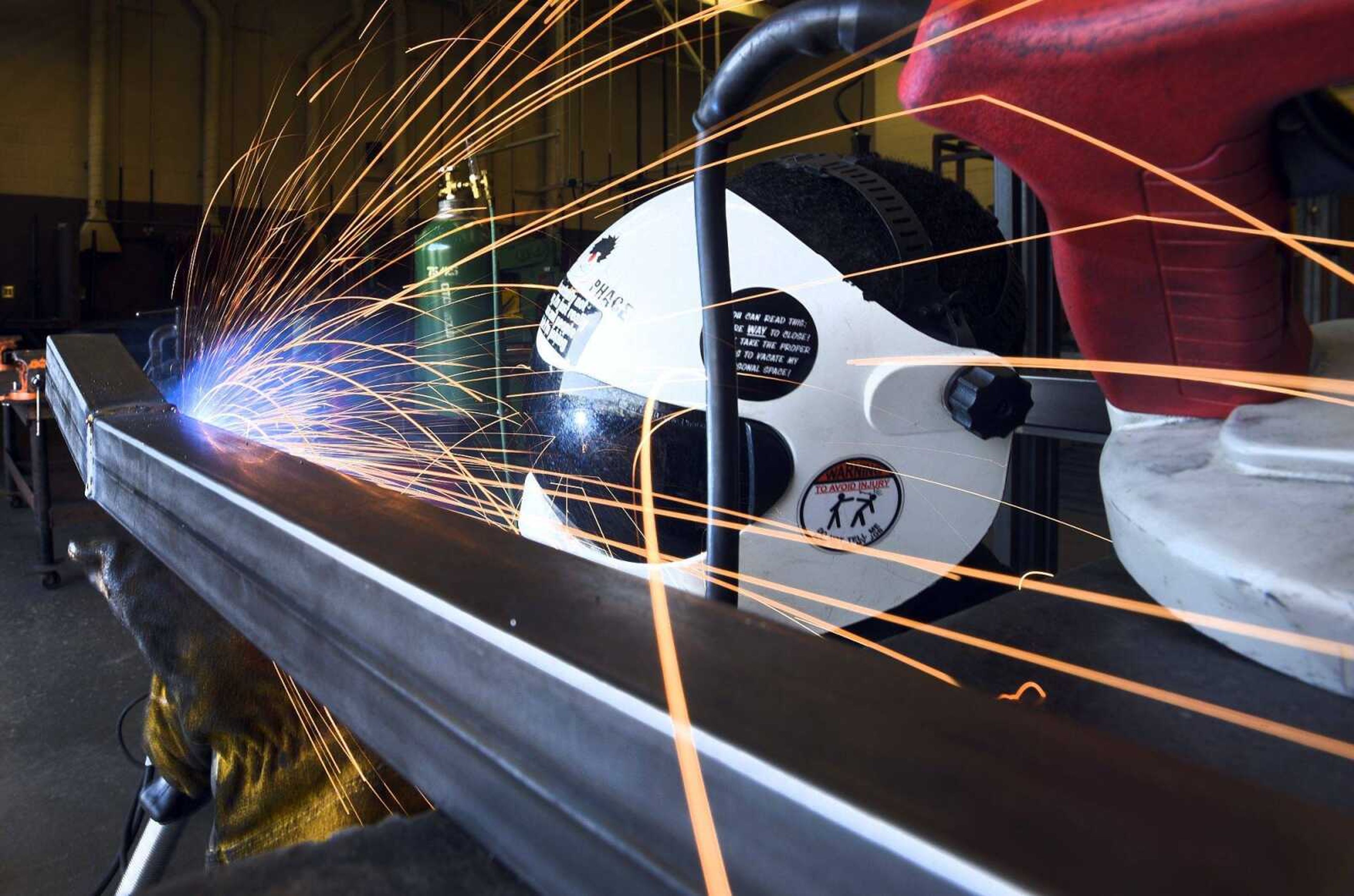
"(It's) so they have more of the class and the basics underneath them before they go into the work, so they're a little more of an asset to the companies they're doing internships (with)," he says.
He says about half of his students last year were involved in internships, and all of those turned into full-time positions once the students graduated from high school.
"As far as the jobs in manufacturing, as far as the shops around local, there still seems to be a real need for young guys that can weld, or at least have some welding experience so they can kind of customize their employee to what they're actually doing," Bradshaw says.
Although Bradshaw says welding is something almost everyone could do, he says it takes time and persistence to become a skilled welder.
"Others are better at certain areas of the welding than other people. So some of it is just a given ability, but ... it's a skill more than anything. It takes a lot of time and practice to get good at it, and you can never perfect all aspects of welding, so that's why a lot of guys like it -- because you're always striving to do that one little thing that much better," Bradshaw says. "There's always something there to improve on, so you don't get really bored with it a lot of the time."
Dionte Reeds, a 17-year-old homeschool student enrolled in the welding course, says he found welding as a sort of natural talent.
"I'm just good at it, and I didn't really want to be a welder. About two years ago I didn't really care about it … but then I did it for the first time and it was kind of fun, so I kind of just fell in love with it," he says.
Reeds also is a fan of the challenge welding presents.
"It's not easy; it's hard. I like a challenge," he says. "I got good at it pretty quick … and it's good fun."
Bradshaw says his position is rewarding in that he teaches students technical skills they can take into the workforce and make a difference with, and have a solid foundation for their lives.
"It's really rewarding, actually, after they come back after they've graduated a couple years down the road, especially when they've been working and started their life and started even having kids and having a pretty good occupation that they can kind of enjoy life and have the good job security there," he says.
He says another positive aspect of welding is being able to see the finished product, like a bridge or a building, and how it helps improve a community or certain area.
As the only public, not-for-profit school of its kind in the area, the CTC partners with schools to provide technical training for students, including the public high schools in Cape Girardeau, Jackson, Oak Ridge, Delta, Chaffee, Scott City, Benton, Advance, Marble Hill and Leopold, and works with area private schools, including Notre Dame Regional High School and Saxony Lutheran High School. The CTC also works with homeschooled students to provide technical education courses.
Connect with the Southeast Missourian Newsroom:
For corrections to this story or other insights for the editor, click here. To submit a letter to the editor, click here. To learn about the Southeast Missourian’s AI Policy, click here.
